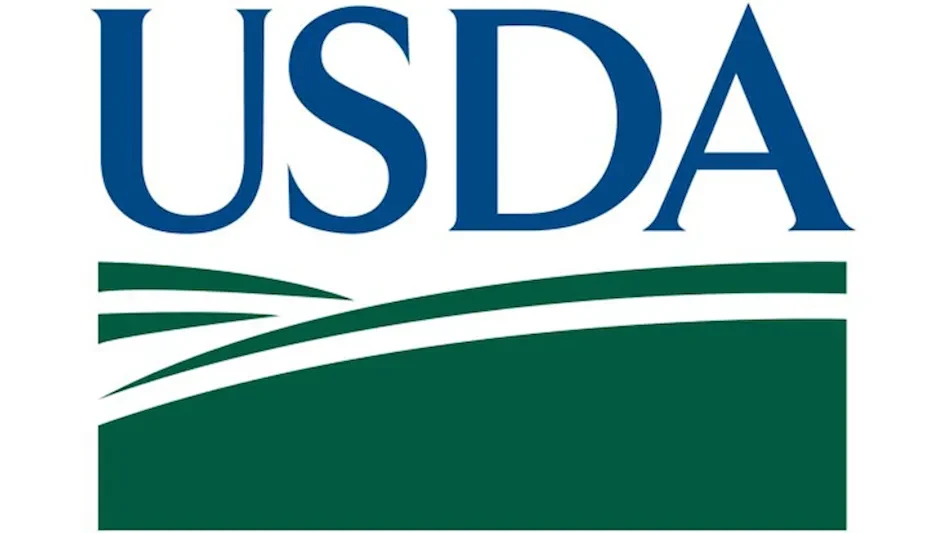
WASHINGTON, D.C. — The U.S. Department of Agriculture (USDA) announced the availability of an updated guideline that makes recommendations to strengthen the documentation that supports animal-raising or environment-related claims on meat or poultry product labeling.
The action builds on the work USDA has already undertaken to protect consumers from false and misleading labels and to implement President Biden’s Executive Order on Promoting Competition in the American economy.
“USDA continues to deliver on its commitment to fairness and choice for both farmers and consumers, and that means supporting transparency and high-quality standards,” said Agriculture Secretary Tom Vilsack. “These updates will help to level the playing field for businesses who are truthfully using these claims and ensure people can trust the labels when they purchase meat and poultry products.”
Animal-raising claims, such as “Raised Without Antibiotics,” “Grass-Fed” and “Free-Range,” and environment-related claims, such as “Raised using Regenerative Agriculture Practices” and “Climate-Friendly,” are voluntary marketing claims that highlight certain aspects of how the source animals for meat and poultry products are raised or how the producer maintains or improves the land or otherwise implements environmentally sustainable practices. The documentation submitted by companies to support these claims is reviewed by USDA’s Food Safety and Inspection Service (FSIS) and the claims can only be included on the labels of meat and poultry products sold to consumers after they are approved by the agency.
FSIS last updated its guideline on these claims in 2019.
In the updated guideline, FSIS strongly encourages the use of third-party certification to substantiate animal-raising or environment-related claims. Third-party certification of animal-raising or environment-related claims helps ensure that such claims are truthful and not misleading by having an independent organization verify that their standards are being met on the farm for the raising of animals and for environmental stewardship. The revised guideline also emphasizes more robust documentation for environment-related and animal-raising claims.
Additionally, the updated guideline recommends that establishments using “negative” antibiotic claims (e.g., “Raised Without Antibiotics” or “No Antibiotics Ever”) implement routine sampling and testing programs to detect antibiotic use in animals prior to slaughter or obtain third-party certification that includes testing. The revisions were informed by sampling data, petitions, public comments to those petitions and feedback received from a wide range of stakeholders.
In light of concerns about negative antibiotic claims, FSIS announced last year that the agency would be conducting a study in partnership with USDA’s Agricultural Research Service (ARS) to assess the veracity of these claims. FSIS collected liver and kidney samples from 196 eligible cattle at 84 slaughter establishments in 34 states, and ARS analyzed the samples using a method that targeted more than 180 veterinary drugs including various major classes of antibiotics. The study found antibiotic residues in approximately 20% of samples tested from the “Raised Without Antibiotics” market.
The action FSIS is taking through the publishing of this guidance addresses these findings and makes clear that FSIS will take enforcement action against any establishments found to be making false or misleading negative antibiotic claims. Additionally, FSIS has informed the establishments with positive results from the ARS-FSIS study and advised them to conduct a root cause analysis and implement corrective actions. FSIS has also advised these establishments to determine how antibiotics were introduced into the animal and to take appropriate measures to ensure that future products are not misbranded. Further information on the study can be found in the Federal Register Notice announcing the availability of the updated guideline.
FSIS and ARS will be publishing a peer-reviewed paper with complete results from the study in the near future. The study findings underscore the need for more rigorous substantiation of such claims. These sampling results may lead to additional testing by the agency. FSIS has the authority to collect samples any time it believes a product is mislabeled with any claim covered by the guidance. Moreover, FSIS may consider future additional actions, including random sampling and rulemaking, to further strengthen the substantiation of animal-raising and environment-related claims.
For more information, view the Federal Register notice. The updated guideline will be open for public comment for 60 days after publishing in the Federal Register.
Latest from Quality Assurance & Food Safety
- Chef Robotics Introduces Pat-Down Capability for Meal Presentation and Sealing
- USDA Launches Regenerative Pilot Program
- Indoor Ag-Con Adds Food Safety Track to Conference Lineup
- IDFA Recognizes Federal Officials for Support of U.S. Dairy Industry
- Tetra Pak Acquires Bioreactors.net
- Fresh Del Monte Receives Rabobank Leadership Award
- São Paulo Earns Guinness World Record for Largest Municipal Food Security Program
- KPM Analytics Releases Ready-to-Use NIR Calibration Packages





